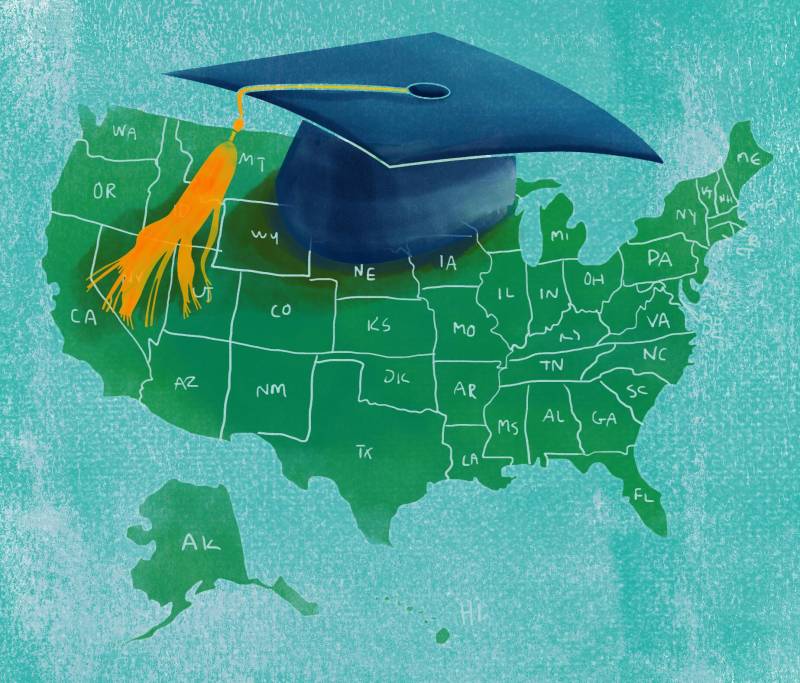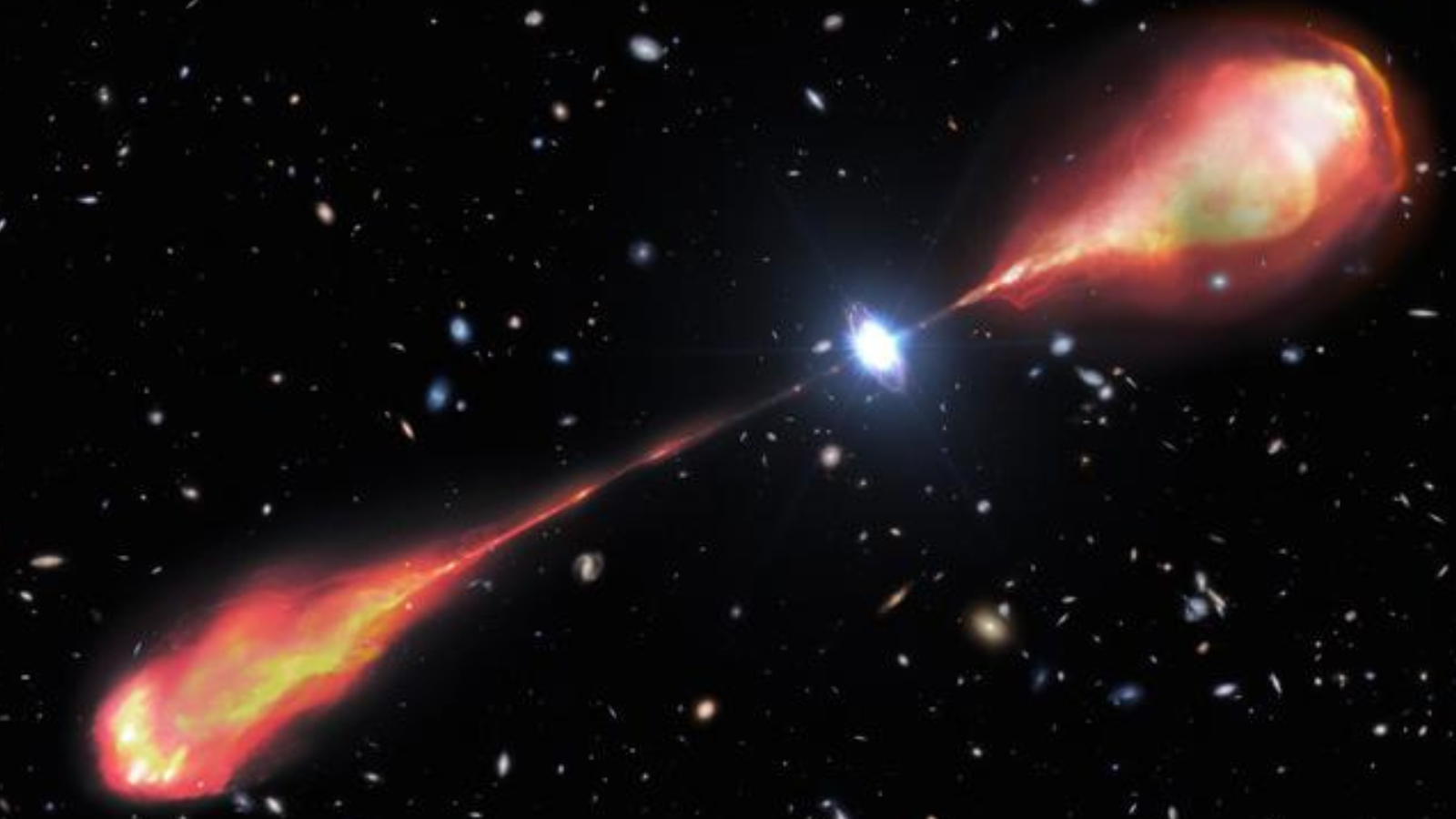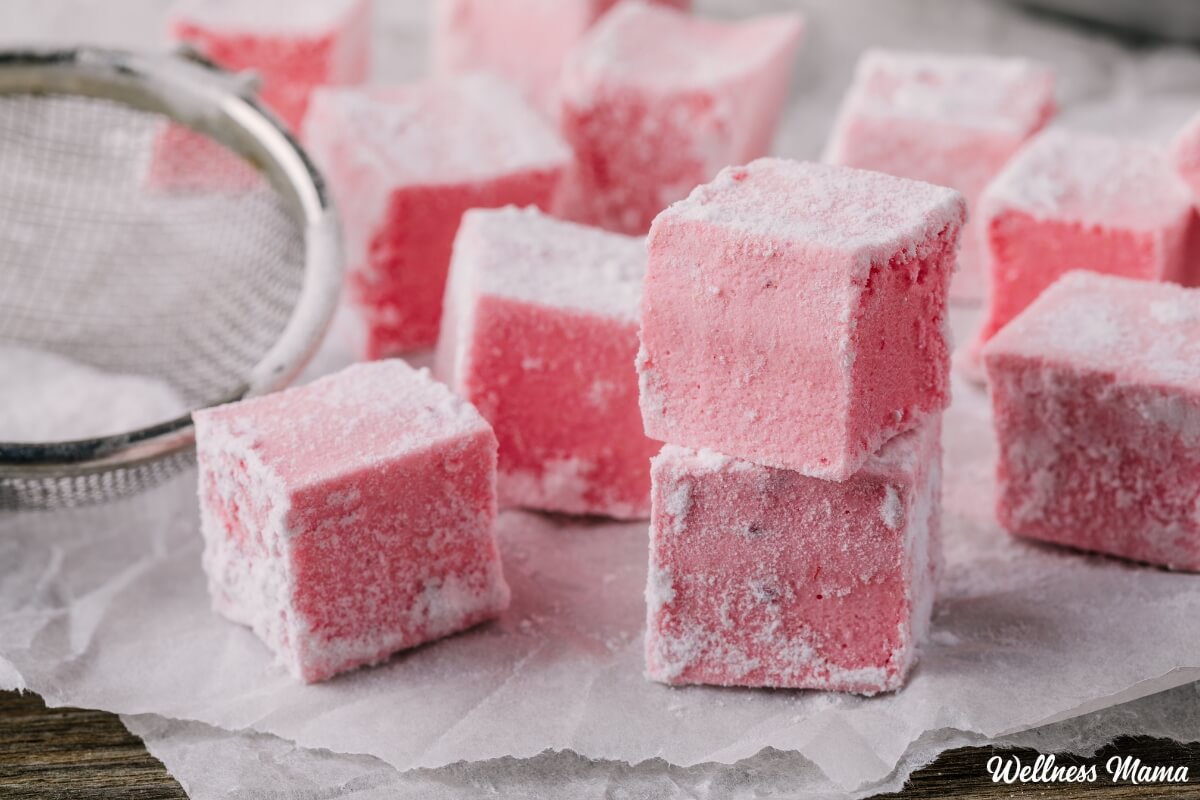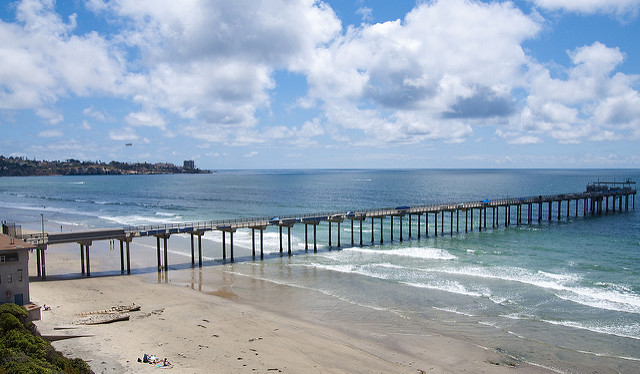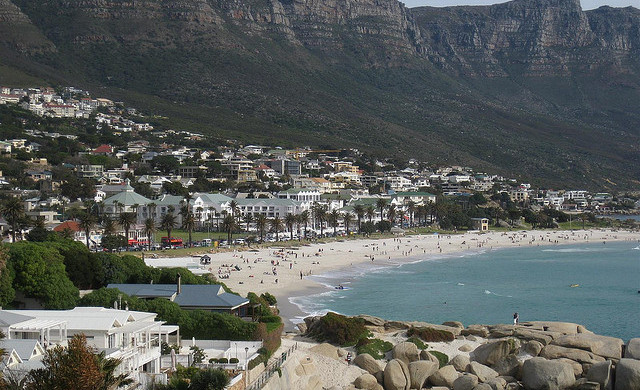Using Tariffs to Try to Turn Canada into American State Backfired in the Past
President Trump rhapsodizes about the 1890 McKinley Tariff. Yet, instead of compelling Canada to become an American state, it drove the U.S.'s neighbor into the hands of the British.


President Donald Trump has spent much of the interregnum, and now his first weeks back in office, threatening American allies in one way or another, with Canada among the countries taking the most fire.
His weapon of choice is the tariff, which the president calls the “most beautiful word.” On Saturday, he slapped a punitive 25% tariff on Canadian goods to address a perceived trade imbalance. Following a flurry of last-minute negotiations, however, Trump has placed a 30-day pause on the tariffs. However, Trump’s tariff threat remains clear and present, especially given that Trump has promised to deploy “economic force” if Canada proves unwilling to agree to annexation and becoming the U.S.’s 51st state. [time-brightcove not-tgx=”true”]
While Trump’s protectionism and imperial designs are a sharp break with the recent past, they aren’t new. In fact, they’re part of a very old GOP playbook that dates to a period Trump regularly lionizes: the late 19th century. He sees it as a golden era in American history. Yet, the history of the 1890s actually exposes the dangers of the U.S. trying to force Canada into American hands.
Like Trump, Republicans in the late 19th century wanted to annex Canada—which was then still a British colony. The push to make Canada part of the U.S. reached a fever pitch following passage of the highly protectionist McKinley Tariff in 1890, which raised average tariff rates to around 50%.
To pressure Canada into joining the U.S., the McKinley tariff explicitly declined to make an exception for Canadian products. Republicans hoped that Canadians, who were becoming ever more reliant on the U.S. market, would be eager to become the 45th state to avoid the punishing tariffs.
Read More: Trump Shares the Founders’ Delusions on Canada
Secretary of State James G. Blaine saw annexation as a way to eliminate continued and contentious competition over fish and timber. Blaine, who co-authored the McKinley Tariff, publicly stated that he hoped for “a grander and nobler brotherly love, that may unite in the end” the United States and Canada “in one perfect union.” Blaine declared himself “teetotally opposed to giving the Canadians the sentimental satisfaction of waving the British Flag. . . and enjoying the actual remuneration of American markets.” Privately, he admitted to President Benjamin Harrison that by denying reciprocity, Canada would “ultimately, I believe, seek admission to the Union.”
Officials and free trade advocates in both Britain and Canada also understood the implications of the McKinley Tariff. Members of the Cobden Club, a prominent and influential London-based free-trade organization, called it an “outrage on civilization”—one that promised “to lead to the [American] annexation of Canada.” British Liberal Lyon Playfair warned that the law looked like “a covert attack on Canada.” If the tariff act’s objective “really be (as the Canadian Prime Minister, Sir John Macdonald, thinks) to force the United States lion and the Canadian lamb to lie down together, this can only be accomplished by the lamb being inside the lion,” he warned.
Yet, though both sides were convinced that the tariff would drive Canada into the arms of the U.S., it actually had the opposite effect. Nationalistic Canadians argued that the tariff was “a heavy blow struck alike at our home industries and at the prosperity and independence of the Dominion of Canada — an unprovoked aggression, an attempt at conquest by fiscal war.”
Rather than compelling Canadians to seek annexation, the tariff stirred “love for Queen, flag, and country,” according to George T. Denison, president of the British Empire League in Canada. The majority of Canadians saw the McKinley tariff as part of “a conspiracy” to “betray this country into annexation.” They were having none of it. Their cultural and political ties with the British Empire, as well as their anger over the attempted coercion, proved stronger.
Canada’s Conservative Prime Minister John Macdonald wanted to react forcefully to send a message to the U.S. He proposed retaliating with high tariffs on American goods, as well as increased trade with Britain. He also recognized a political weapon when he was handed one. He adroitly turned the 1891 Canadian elections into a broader referendum concerning Canadian-American relations. He portrayed the Liberal opposition as being in bed with the Republican annexationists. According to him, they were involved in “a deliberate conspiracy, by force, by fraud, or by both, to force Canada into the American union.”
Read More: What Are Tariffs and Why Is Trump In Favor of Them?
After playing “the ‘Loyalty’ cry for all it was worth,” Macdonald scored a narrow victory over those favoring friendlier and more open relations with the U.S.
The U.S.’s loss was Britain’s gain. Within two years of the McKinley Tariff’s passage, Canadian agricultural exports to Britain jumped from $3.5 million to $15 million, and produce and animal exports grew from $16 million to $24 million. Beginning in 1897, Canadians began granting preferential market access to British imports. And U.S. manufacturers continued to move production to Canada to bypass its tariff walls.
Canadian Minister of Trade and Commerce Mackenzie Bowell happily informed his colleagues in the Canadian Senate that “the McKinley Bill, instead of destroying the trade of this country, has only diverted it from the United States to England.”
He continued, “Our neighbors are cutting off their own noses to spite us.”

This episode ought to serve as a warning for Trump. Far from enabling the U.S. to annex Canada, the McKinley Tariff that Trump so admires drove the U.S.’s neighbor to the North into the arms of its main economic rival, the British.
Once again, an American president is on the brink of imposing tariffs against Canada and pushing for annexation. The two issues will undoubtedly be central in the 2025 Canadian elections. Trump’s threats could easily backfire as the McKinley Tariff did—leading to the election of Canadian politicians who promise to stand up to him, respond tit-for-tat to any tariffs he enacts, and seek other trade partners instead. The result would be U.S. consumers paying the price at checkout lines. U.S. manufacturers might also decide to relocate to Canada. And the tariff spat could spark further conflicts with Canada down the road.
In other words, “Tariff Man” Trump would once again be cutting off his country’s nose to spite Canada.
Marc-William Palen is a historian at the University of Exeter and author of Pax Economica: Left-Wing Visions of a Free Trade World (Princeton University Press, 2024), a Financial Times “best books of 2024,” and The “Conspiracy” of Free Trade: The Anglo-American Struggle over Empire and Economic Globalisation, 1846-1896 (Cambridge University Press, 2016).
Made by History takes readers beyond the headlines with articles written and edited by professional historians. Learn more about Made by History at TIME here. Opinions expressed do not necessarily reflect the views of TIME editors.



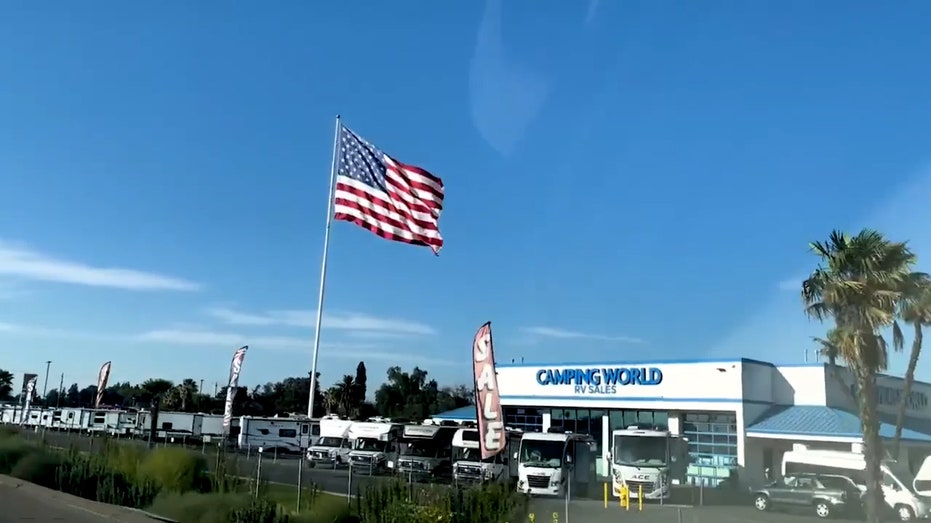















_Daniel_Lamborn_Alamy.jpg?#)












